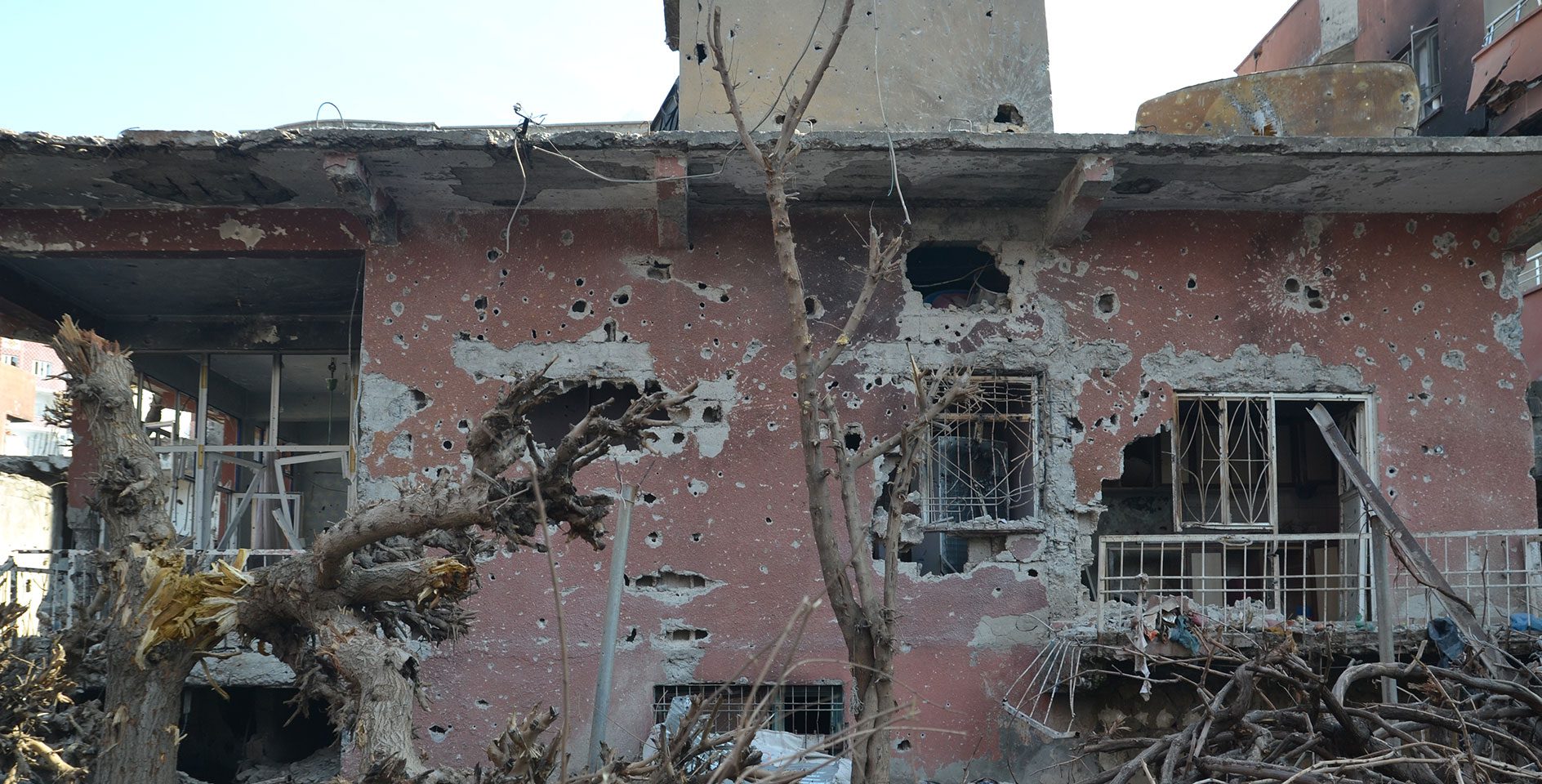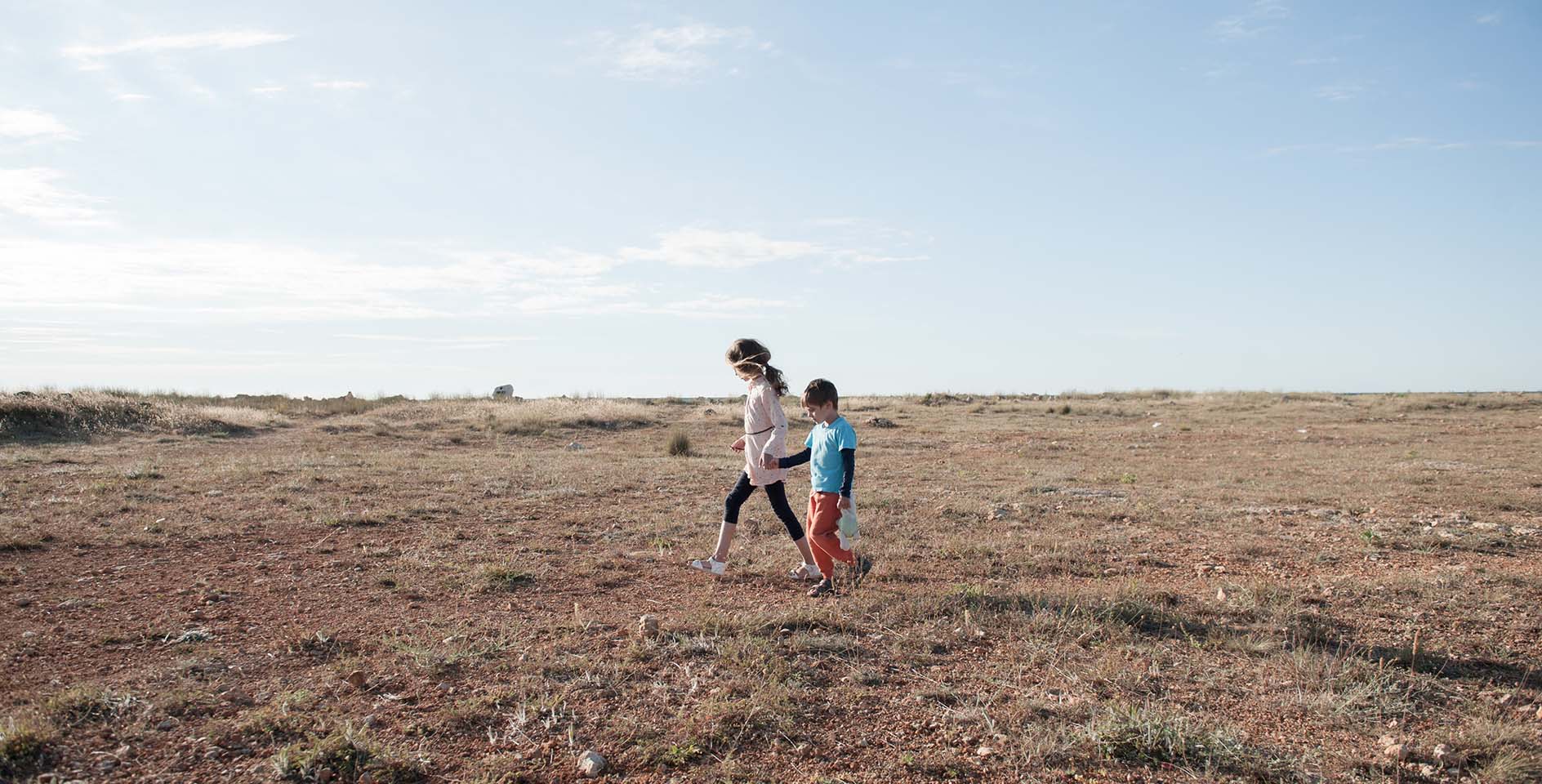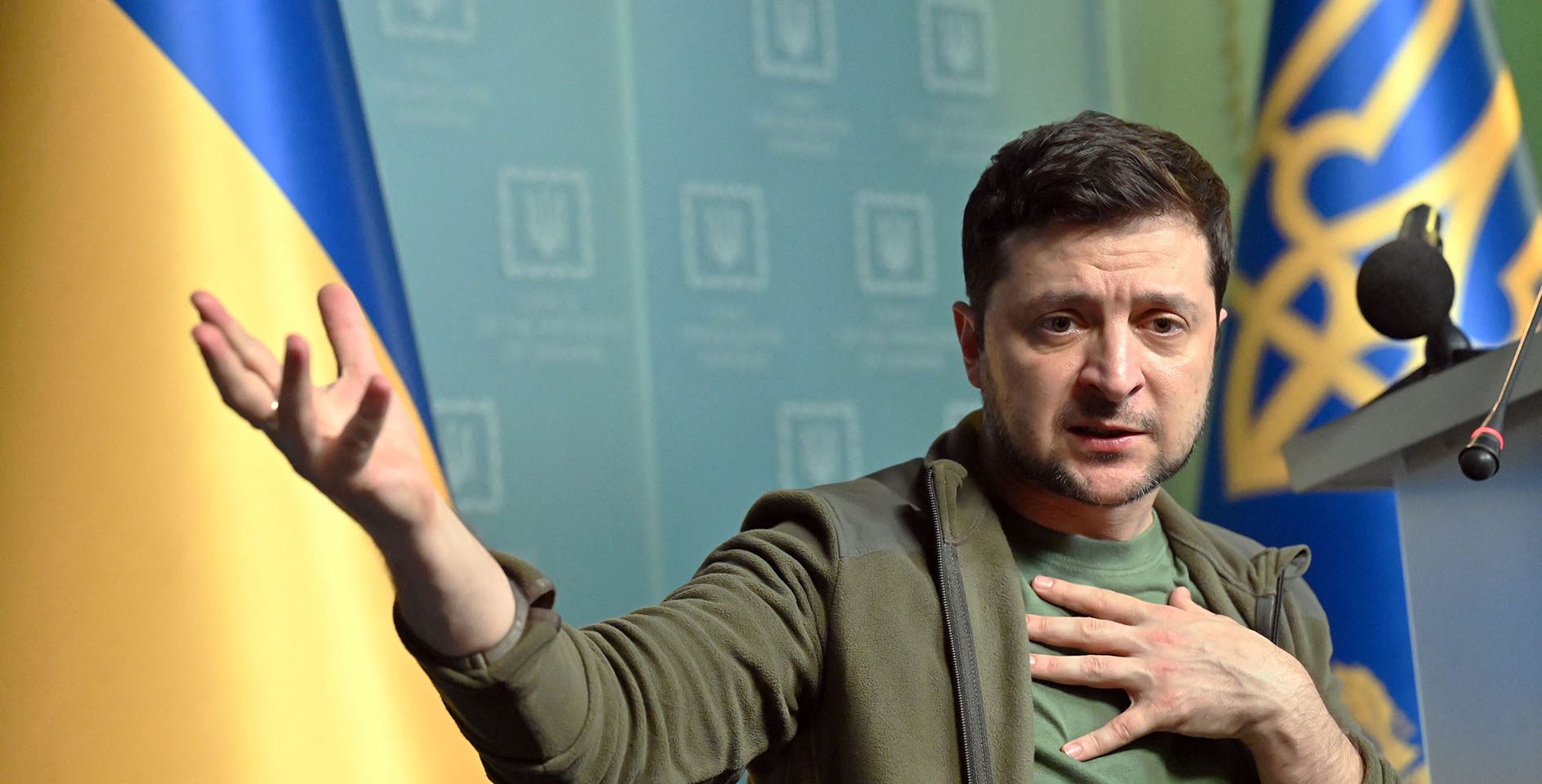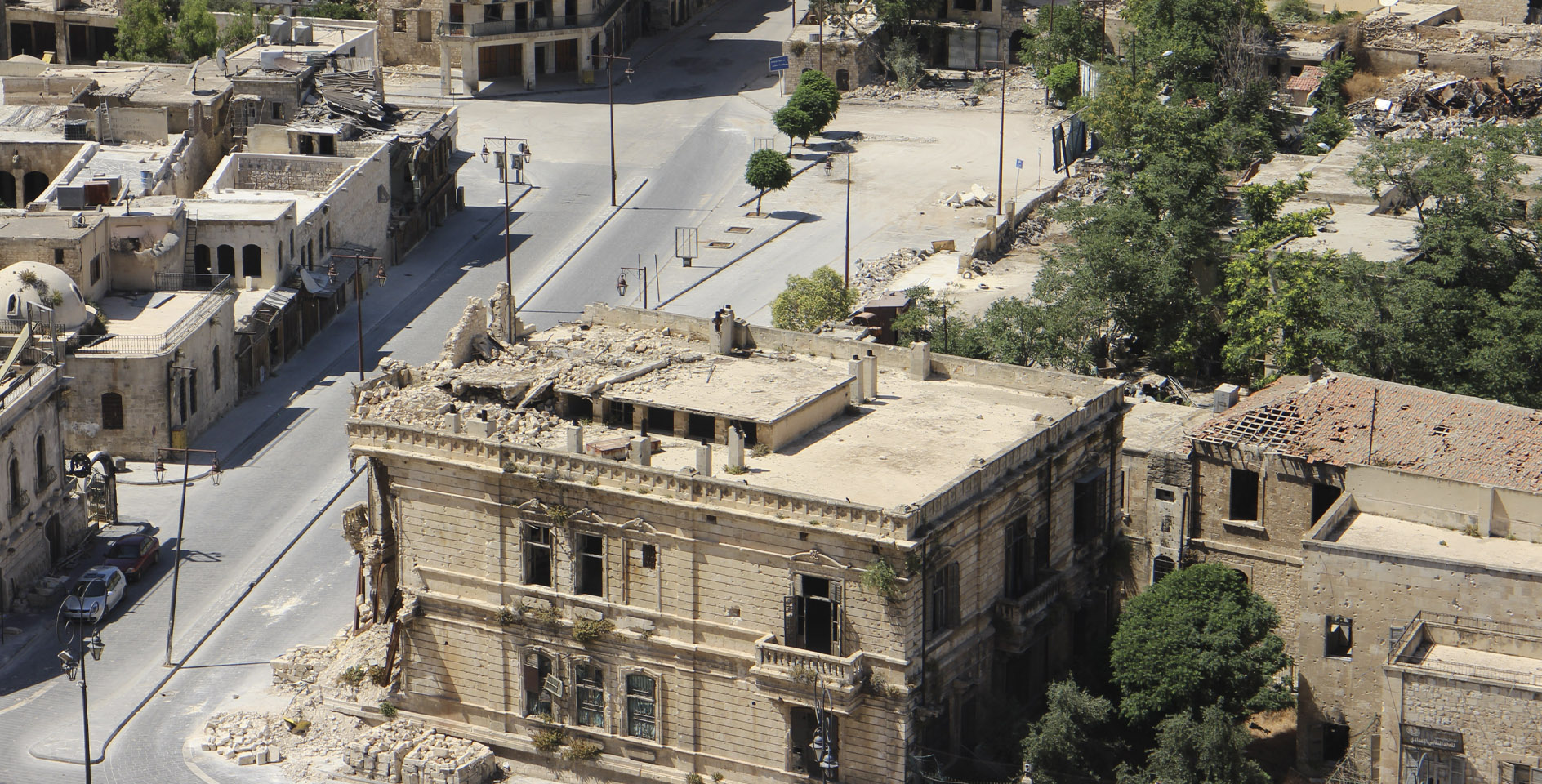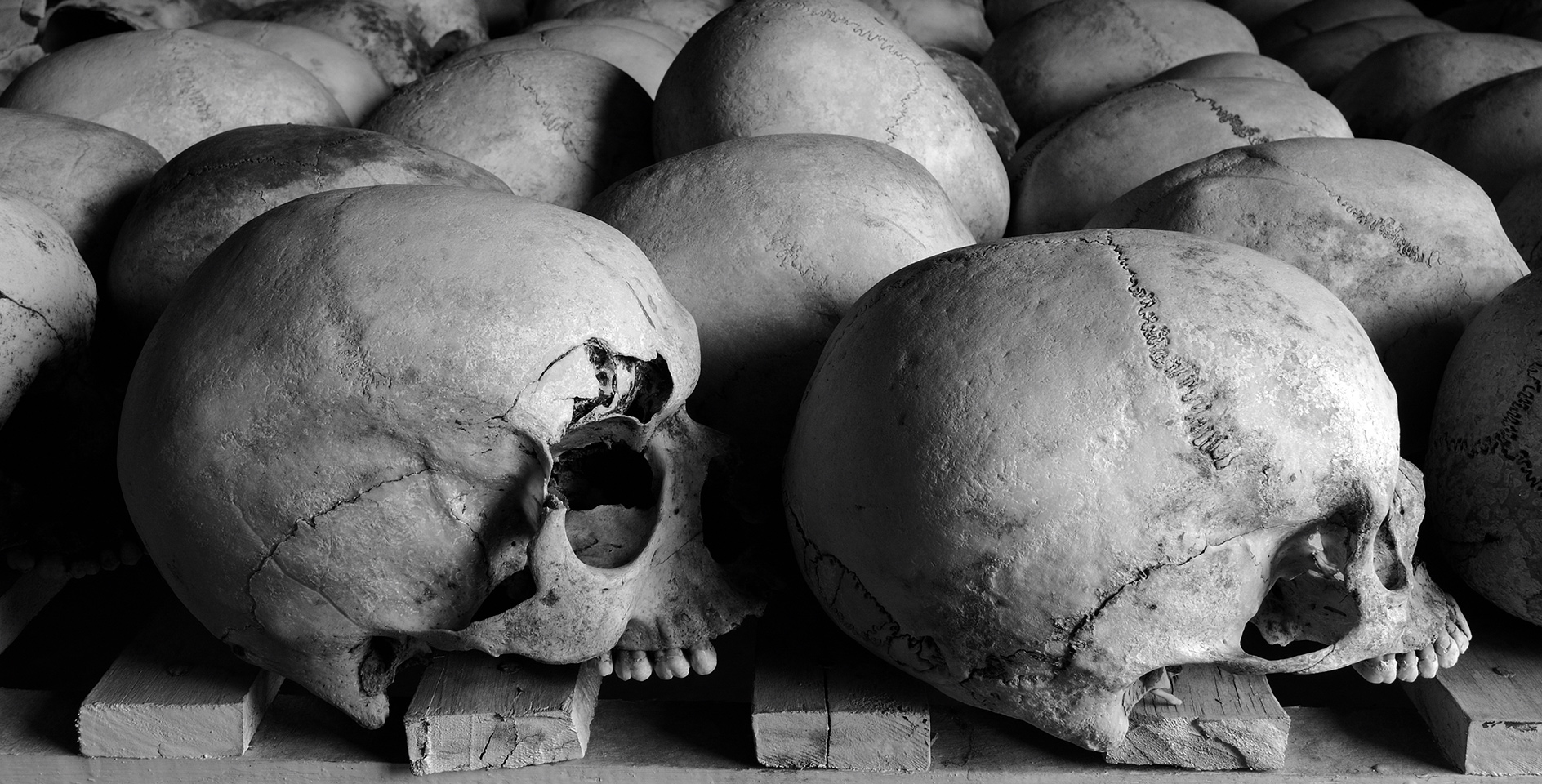What is Aleppo?
Aleppo is the largest city in Syria and contains the country’s largest population of Christians.
Aleppo is believed to be one of the oldest continuously inhabited cities in the world behind only Damascus (also in Syria) and Byblos (Lebanon). Prior to the Syrian civil war, Aleppo contained about ten percent of the country’s population (roughly 2.3 million people).
Syria, a country about the size of North Dakota, is located north of the Arabian Peninsula at the eastern end of the Mediterranean Sea and is bordered by Turkey on the north, Iraq on the east, Jordan on the south, and Lebanon, Israel, and the Mediterranean on the west. The capital of Syria is Damascus, the country’s second largest city.
What is going on in Aleppo?
For more than five years, Syria has been in a civil war that has forced 11 million people—half the country’s pre-crisis population—to flee their homes. About 7.6 million Syrians have been internally displaced within the country and 4 million have fled Syria for other countries. The result is one of the largest forced migrations since World War Two.
The battle for Aleppo began in mid-July 2012, when anti-government rebels gained control of several districts within the city. Since then the city has been divided between the government-held west and rebel-held east. Beginning at the end of 2013, the Syrian government began aerial bombing of the eastern sections of the city, a tactic that has caused a humanitarian crisis that has disproportionately affected the city’s children.
Why are children inordinately affected by the struggle over Aleppo?
Syria has a very young population (median age is 24.1). While about half of the nearly five million refugees who have fled Syria are children, Unicef estimates that about eight million children remain in the country. Save the Children also estimates about 40 percent of the besieged population in eastern Aleppo are children.
As Save the Children spokesperson Carol Anning told the BBC, in war you should expect to see a much higher population of adult males being killed in frontline action. “But what we have seen in Aleppo in the last couple of days is totally indiscriminate bombing from the air,” says Anning. “So children are impacted just as much or more than adults in those situations.”
How did the civil war start?
In 2011, during the Middle Eastern protest movement known as the Arab Spring, protesters in Syria demanded the end of Ba’ath Party rule and the resignation of President Bashar al-Assad, whose family has held the presidency in the country since 1971. In April 2011, the Syrian Army was sent to quell the protest and soldiers opened fire on demonstrators. After months of military sieges, the protests evolved into an armed rebellion and has spread across the country.
Although the conflict was originally between factions for and against President Assad, the civil war has broadened into a battle between the country’s Sunni majority against the president’s Shia Alawite sect. The conflict has drawn in neighboring countries and world powers and lead to the rise of jihadist groups, including Islamic State (ISIS).
How is Russia involved?
Russia, which is allied with the Assad regime, has provided military and political aid to Syria since the civil war began. In 2015, the Russian Federation Council authorized the use of military force, which has mostly consisted of air strikes against anti-government forces. (Russia began the aerial attacks in September 2015, but claim they have not bombed Aleppo since October 18 of this year.)
Russia claims their intervention is aimed to defeat ISIS and reduce the flow of refugees to Europe.
As a permanent member of the UN Security Council, Russia has repeatedly used its veto power to block resolutions aimed at ending the war but which they consider to damage their ally, Assad.
What is the U.S. doing about the Aleppo crisis?
This weekend U.S. Secretary of State John Kerry called on the governments of Russia and Syria to impose a ceasefire and end the bombing of Aleppo. “The indiscriminate bombing by the regime which violates international rules of war—in many cases crimes, crimes against humanity, and war crimes—needs to stop,” said Kerry. “And those who support it—those in Moscow and elsewhere—should do their utmost to bring it to a close. A meaningful ceasefire needs to be reached.”
The U.S. is also involved in the fight against Islamic State (ISIS) in Syria. This weekend Secretary of Defense Ash Carter said he would be sending up to 200 additional US troops to the country to help train and assist US-backed local forces that are driving towards ISIS’ self-declared capital in Raqqa, Syria.
In April, President Obama set a cap of 300 for the number of military advisers permitted in Syria. The troops include special operations forces, trainers, advisers, and explosive ordinance disposal teams.
Isn’t Syria one of the lands mentioned in the Bible?
The modern state of Syria is part of the area known throughout history as Greater Syria. In the Bible the city of Damascus is mentioned 67 times. The road to Damascus was the place of Paul’s conversion (Acts 9) and Antioch was the city in which the disciples were first called Christians. (Acts 11:26).
What can Christians do to help?
ERLC’s Travis Wussow has put together some resources on simple ways that you can respond to the crisis. You can find those here. View IMB's post for more information, as well.



